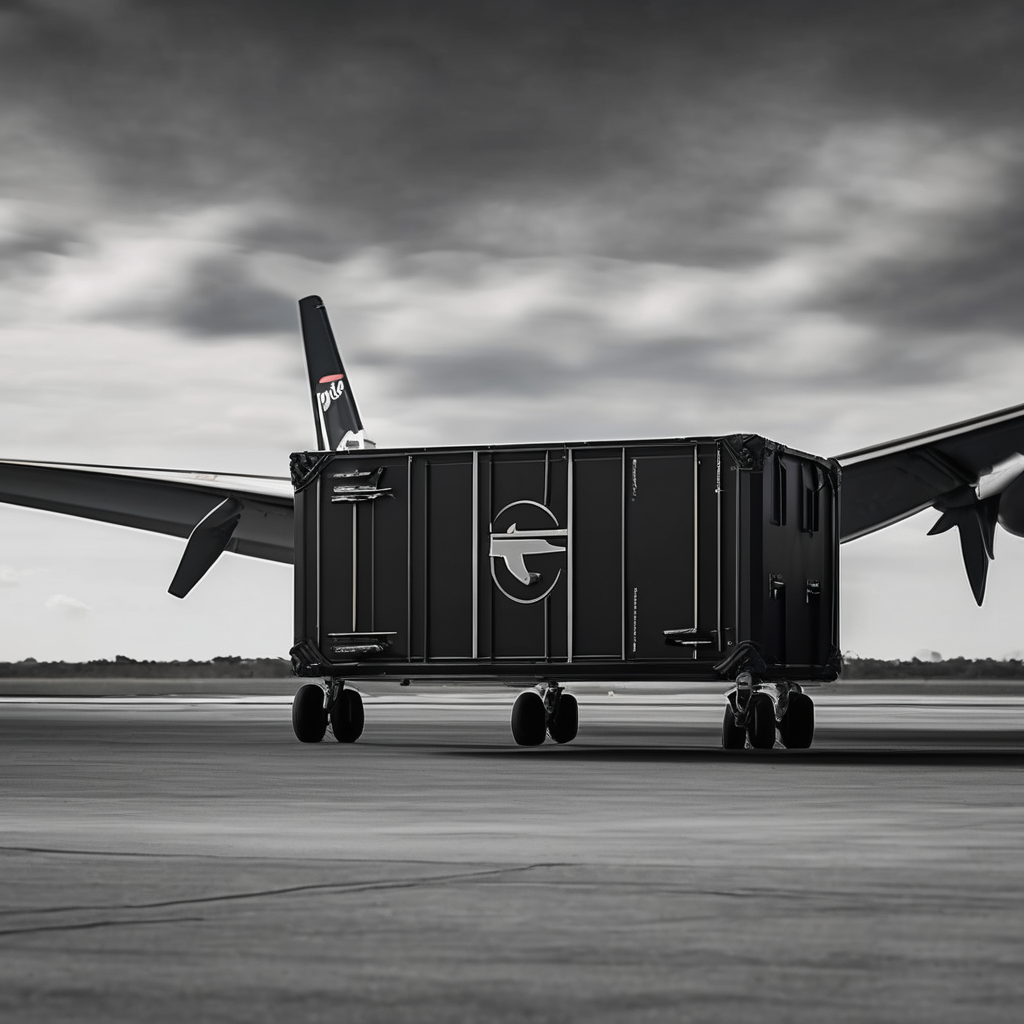The father of Captain Sumeet Sabharwal, who flew the tragic Air India flight that met with disaster in June, has voiced his concerns about the conduct of the Aircraft Accident Investigation Bureau (AAIB) of India. Pushkar Raj Sabharwal, who is 91 years old, shared that AAIB representatives visited him on August 30, supposedly to offer their condolences. However, during this visit, they insinuated that his son deliberately cut off the plane’s fuel supply after takeoff.
The catastrophic crash of Air India flight 171, which occurred shortly after its departure from Ahmedabad, resulted in the tragic loss of 241 lives onboard, along with 19 individuals on the ground. In response to this tragedy, the AAIB’s preliminary report indicated that the aircraft’s fuel engine switches had been moved from “run” to “cutoff.” This has led to controversy, with the family and others suggesting that the interpretation of the cockpit voice recorder data may be biased.
Pushkar Sabharwal, in his complaint, criticized the selective release of information from the investigation, suggesting it has caused undue speculation about his son’s purported actions. The Federation of Indian Pilots (FIP) also condemned the AAIB’s approach, arguing that confronting a grieving family is inappropriate. FIP President Captain C.S. Randhawa emphasized that the investigation should be conducted with professionalism, similar to judicial processes, instead of through informal visits to the homes of victims.
This tragic incident stands as one of the deadliest in India’s recent aviation history, sparking broader discussions about airline safety protocols. Prior reports have pointed to possible confusion in the cockpit and issues concerning the engine fuel cutoff switches, raising questions about potential mechanical failures or misinterpretations of the pilot’s actions. As a result, there have been calls for stricter safety inspections and improved aviation safety measures.
As the investigations continue, there is a collective hope for clarity, fairness, and professionalism in uncovering the facts, ultimately leading to enhanced safety measures that prevent such tragedies from occurring again. This dialogue highlights the ongoing need for improved protocols and systems to ensure passenger safety in the skies, aiming to restore public confidence and prevent future incidents.
